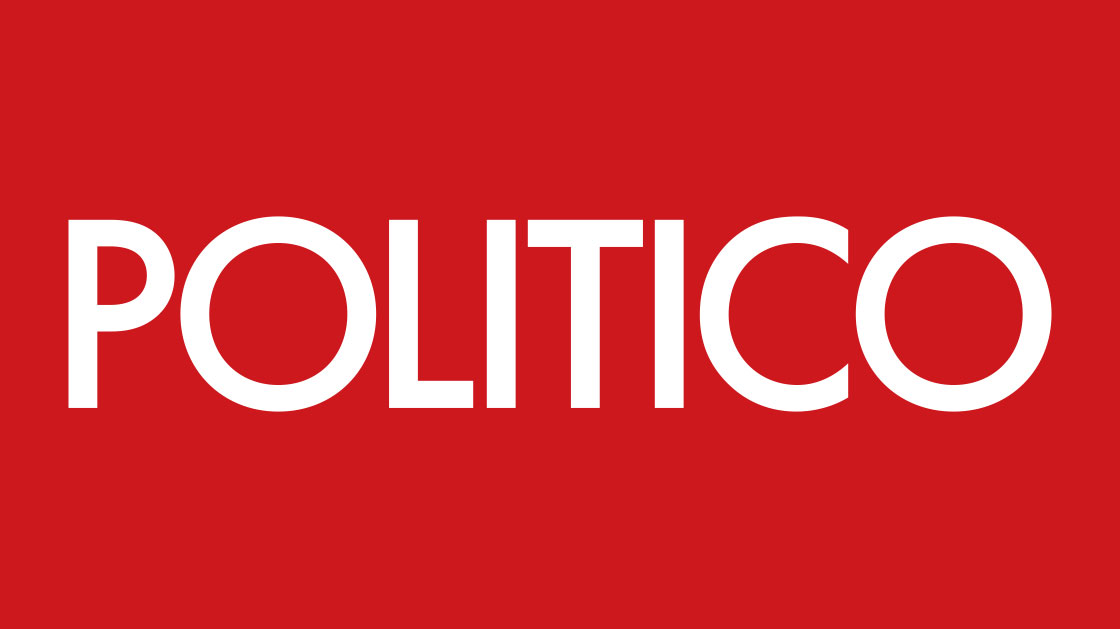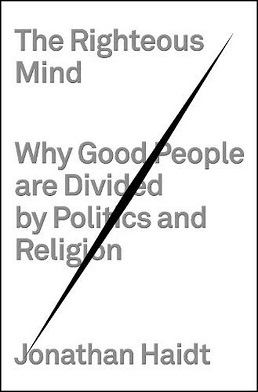JohnG
Senior Member
RW political messaging is hampering the US moving forward. They are going to forever pay $200 for a vial of insulin because they can't stomach the idea of paying into a universal health care system that might help someone they don't "approve of".I think woke is the revolution eating its own children. Woke is the tail end of the rise of feminism and civil rights. The easy pickings have been plucked. If we want further equality we are going to have to do things that are not easy to identify, nor guaranteed to work. Woke is the frustration of the lack of progress, instead of pointing the guns outward towards shared enemies, the guns are pointed inward and the progressives start attacking themselves. The woke ethical standards are now so high that nobody qualifies. Certainly not the people claiming to be woke.
I consider myself progressive and I did not hear about woke through conservative channels. I heard it about it in progressive circles. People who identified as woke.
I have no doubt that it fits nicely into the conservative narrative and it makes perfect sense that they took it and ran with it. It doesn't make it wrong. Sometimes even the evil people say something true.
That all seems pretty vague. I can give you a very specific example of a fabrication of wokeness and it's effectiveness as a political tool by the right.
4 days ago a Virginia Rebublican won his election for governor. Surveys indicate he won that race, fueled by women, who voted based on education issues, specifically CRT in schools.

The rift tearing apart white women
www.politico.com
He focused on that issue during his campaign and it worked.
Only thing is there is zero CRT being taught in Virginia schools. It was just another fear tactic that the "Woke" progressives are going to ruin their lives. I know this is anecdotal, but it's very typical.
There are some very serious culture undercurrents going on in the USA. I don't think wokeness is one of them. I think the issue you are confusing it with is online echo chambers. They exist for every kind of nut imaginable.
It's not mutually exclusive. Conservatives can use dog whistles, taken out of context, to garner support while the same term inside the liberal camp can mean something different.
Also, conservatives are bound to misunderstand the nuances of a liberal concept. I'm convinced that those republicans had replaced CRT with "white man bad". Not entirely wrong. But misses nearly everything CRT is about. And that's fine. We shouldn't dumb down our internal language just because there are idiots on the other side who won't get it. Everybody is made smarter by using clear unambiguous language. If somebody is hellbent on misunderstanding you, there's nothing you can do to fix that.
In Canada, our national radio station has been pretty good (not perfect) at educating people about the downsides of letting stigmatized minorities wither from lesser opportunities, and the human and economic costs of doing that.
The basic concepts of what is happening (and why) aren't hard to grasp - it's the solutions that are complicated. Many people do a great job laying it out. However, there is a great interest in using it as a political divisive tool and the social and economic concepts are being countered with a narrative of victimization.
Fox News is the most watched news feed and Tucker Carlson has the most watched program among adults aged 25 to 54. Its hard to cut through their relentless griping about how vulnerable groups are causing all America's problems. Now that it's a proven successful business model, it doesn't get any easier.

